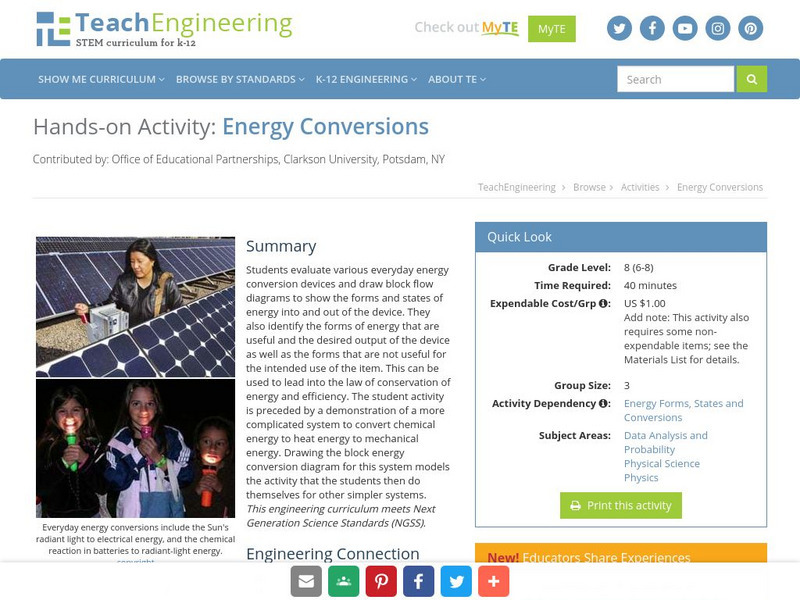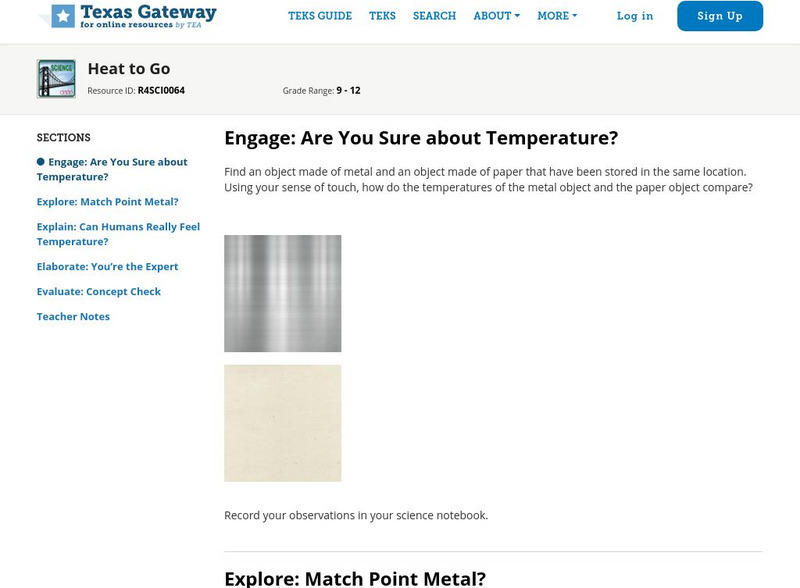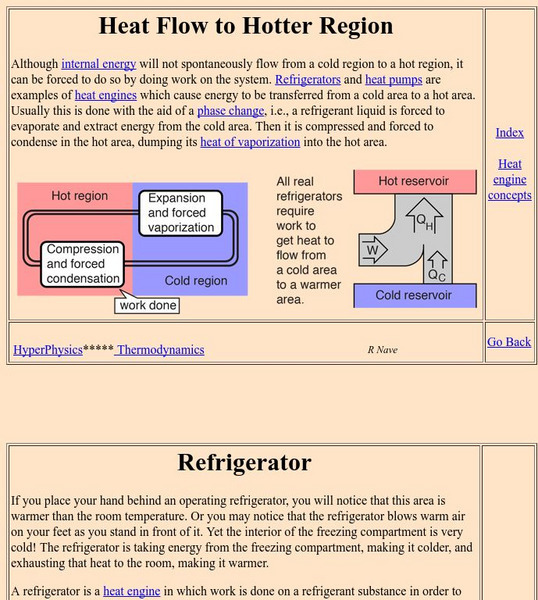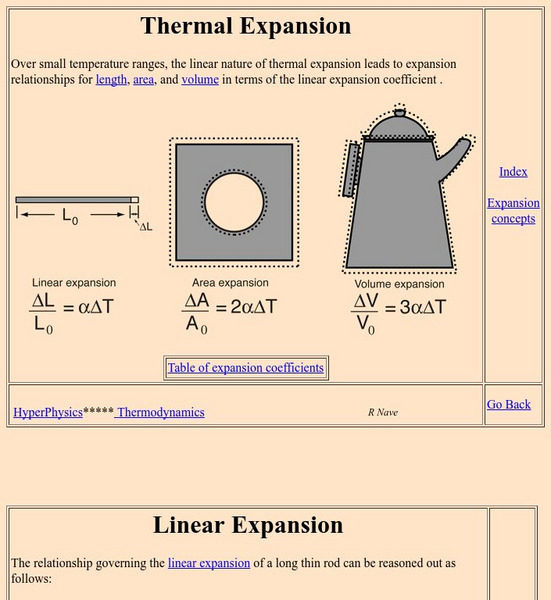Curated OER
Heat Transfer
Students examine heat transfer using energy efficient houses. In this heat transfer lesson students calculate the heat that is transferred between a system and its surroundings.
Curated OER
Sand or Rock? Finding Out From 1,000 km
Young scholars observe how measurements are made with different instruments. In this remote sensing activity students investigate the physical state of surfaces including the surfaces of the solar system.
Curated OER
The Magic of Solar Thermal: How the Sun Can Be Used to Heat Water
Learners are introduced to how the sun is used to heat water. In this solar instructional activity students identify the different types of solar water heating and demonstrate how it works.
Curated OER
Measuring Solar Energy
Students study solar energy and how to measure it. In this energy sources lesson students complete a lab, obtain data and use that to convert surface temperature to energy.
Curated OER
Water Pollution
Learners investigate a variety of pollutants that can affect water and the plants and animals that live in the water. In this water pollution lesson plan, students identify pollutants in a bog, marsh, stream or other wetland area and...
Curated OER
Thermal Waters & Geologic Provinces
Students investigate thermal waters and geologic provinces. They examine provided maps of geothermal springs and thermal wells in the state of Idaho and their locations relative to Idaho's geologic provinces. Afterward, they use the maps...
Curated OER
Science Word Search
In this science worksheet, students locate and identify various vocabulary terms related to earth science. There are 44 words/phrases located in the puzzle.
Curated OER
Periodic Table
Students relate to the idea of periodicity & give example of other periodic events and identify and use the periodic table as a useful resource. They also identify the relationship of elements to certain groups & periods &...
Other
Siemens Science Day: Physical Science: You're Getting Warmer
This hands-on science activity allows students to explore how materials absorb sunlight differently. Students will create model houses with different materials on the roof and see which material allows the most heat to be absorbed into...
TeachEngineering
Teach Engineering: Energy Conversions
Students evaluate various everyday energy conversion devices and draw block flow diagrams to show the forms and states of energy into and out of the device. They also identify the forms of energy that are useful and the desired output of...
Texas Education Agency
Texas Gateway: Forms of Energy
Given diagrams, illustrations, or descriptions, students will identify the types of energy.
Texas Education Agency
Texas Gateway: Heat to Go
Explore heat and temperature with a 5E model lesson.
Science Buddies
Science Buddies: Put Some Energy Into It! Use a Calorimeter to Measure
In this science fair project, use a calorimeter with an attached heating element to measure how water responds to added thermal energy.
Texas Education Agency
Texas Gateway: Law of Conservation of Energy: Heat Transfer
Given illustrations, scenarios, descriptions, and/or diagrams, students will demonstrate understanding of heat transfer.
University of Colorado
University of Colorado: Physics 2000: Bose Einstein Condensation: Temperature and Absolute Zero
From the Physics 2000 site, this page exemplifies their usual superb discussion of the concepts of heat, temperature, and absolute zero. Using an entertaining series of cartoon characters, the page gives a very understandable discussion...
Georgia State University
Georgia State University: Hyper Physics: Heat Flow to Hotter Region
Heat flow from a hot region to a cold region is described and explained. Applications of this phenomenon (specifically heat pumps and refrigerators) are discussed. Excellent graphics.
Georgia State University
Georgia State University: Hyper Physics: Heat Engine Concepts: The Otto Cycle
Schematic diagrams illustrating the operation of a four-stroke engine cycle. Interactive buttons allow you to step through the various steps of each engine cycle. Each graphic is accompanied by an excellent explanation.
Georgia State University
Georgia State University: Hyper Physics: Heat Engine Concepts: Carnot Cycle
The Carnot cycle is described, illustrated and explained. The Carnot efficiency equation is given and interactive JavaScript form allows the visitor to investigate the effect of the reservoir temperature and the sink temperature upon the...
Georgia State University
Georgia State University: Hyper Physics: Heat Engine Cycle
The heat engine cycle is defined and discussed. So pressure-volume diagrams are introduced and their use in depicting the cycles of a heat engine is demonstrated. Informative graphics are accompanied by reason-filled explanations.
Georgia State University
Georgia State University: Hyper Physics: Temperature
A page describing the concept of temperature and temperature scales. An interactive JavaScript form allows the visitor to investigate the relationship between the Kelvin, Celsius and Fahrenheit scales; enter a value and allow the...
Georgia State University
Georgia State University: Hyper Physics: Thermal Expansion
Defines thermal expansion and elaborates on the concept of linear expansion. Provides the equation for linear expansion and includes an interactive JavaScript form which allows the visitor to investigate the relationship between...
Georgia State University
Georgia State University: Hyper Physics: Expansion Concepts
An indexing page from Georgia State University Physics Department which includes links to various other pages with information pertaining to thermal expansion. From expansion coefficients to equations to calculation and practice pages,...
Georgia State University
Georgia State University: Hyper Physics: Area Expansion
The concept of area expansion is presented and explained. An equation for calculating the amount of area expansion is provided.
Georgia State University
Georgia State University: Hyper Physics: Bimetallic Strips
The operation of bimetallic strips is explained and illustrated. The principle of thermal expansion is related to their operation. A link to applications of bimetallic strips is provided.
























